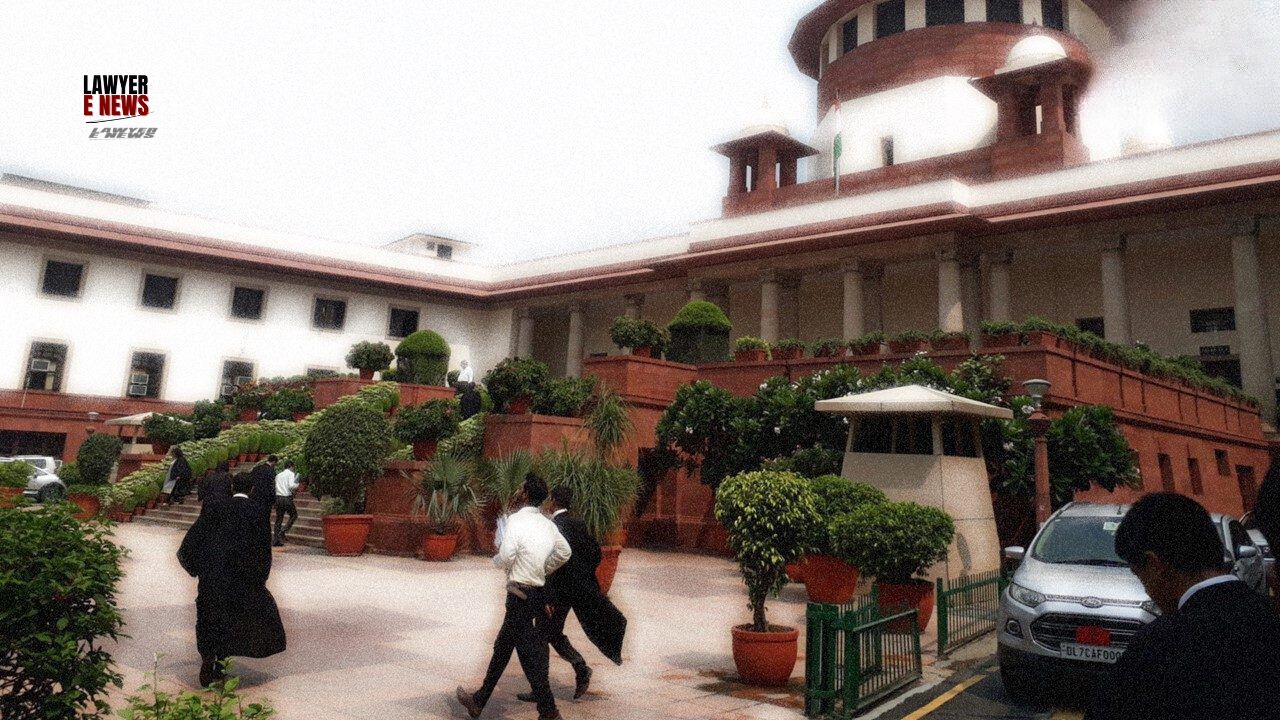-
by Admin
15 February 2026 5:35 AM



On September 30, 2024, the Supreme Court of India delivered a significant ruling in Atul Kumar v. Chairman, Joint Seat Allocation Authority, addressing the issue of a meritorious student's inability to complete the admission process for IIT Dhanbad due to technical glitches. The court directed that the petitioner, Atul Kumar, be granted admission to the allocated seat, setting a precedent for protecting students' rights in similar situations.
The petitioner, Atul Kumar, a Scheduled Caste (SC) student from a financially disadvantaged background, secured a rank of 1455 in the JEE (Advanced) 2024 in his category. He was allotted a seat in the Electrical Engineering course at IIT Dhanbad. However, on June 24, 2024, during the final steps of the admission process, a technical issue on the Joint Seat Allocation Authority's portal prevented him from completing the fee payment despite his diligent efforts.
Atul Kumar, whose family income is below the poverty line, managed to arrange the required fees just minutes before the deadline. Although he logged into the portal multiple times, the system closed before processing his payment. Subsequent attempts to resolve the matter through various authorities, including legal aid committees and the High Courts, proved unfruitful, prompting him to approach the Supreme Court.
The core issue was whether the petitioner, despite fulfilling all other admission criteria, should be denied a seat due to a technical failure beyond his control. The court examined the facts, including:
Scheduled Caste status of the petitioner.
Allotment of the seat at IIT Dhanbad.
Petitioner's diligent efforts to comply with the admission process.
The court had to decide whether it could invoke its power under Article 142 of the Constitution to do complete justice in this case.
The Supreme Court, led by Chief Justice Dhananjaya Y Chandrachud, held that the petitioner had made earnest efforts to complete the admission process within the stipulated timeframe. The court acknowledged that the petitioner, a talented student from a marginalized community, should not suffer due to technical difficulties.
"There is no conceivable reason why the petitioner would not have completed the payment if he had the means to do so," the court observed, further emphasizing the importance of ensuring fairness in such cases. The court invoked its power under Article 142 to provide "substantial justice," recognizing the adverse impact of denying admission based on factors beyond the student's control.
The petitioner was granted immediate admission to IIT Dhanbad in the Electrical Engineering branch for the same batch he would have originally joined.
A supernumerary seat would be created if necessary, ensuring no other student's admission is disturbed.
The petitioner was entitled to all consequential benefits, including hostel accommodation.
The court requested the Director of IIT Dhanbad to facilitate the petitioner's timely completion of missed coursework, ensuring he could keep pace with his class.
This judgment is a vital reminder of the judiciary's role in safeguarding the rights of marginalized students who face systemic barriers. By invoking Article 142, the court underscored the need for fairness and equity in the education system, ensuring that technical issues do not deprive deserving candidates of their opportunities.
Date of Decision:September 30, 2024
Atul Kumar v. Chairman, Joint Seat Allocation Authority
